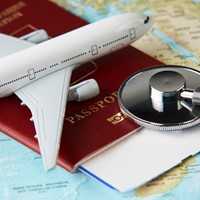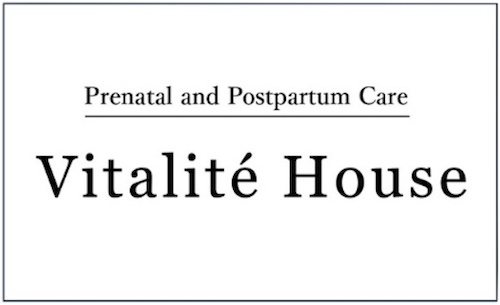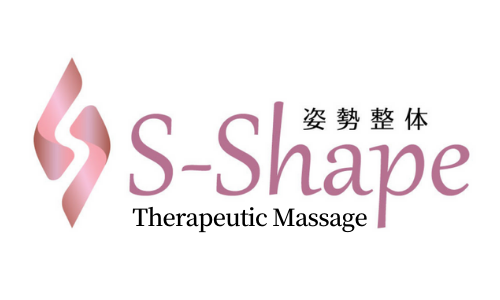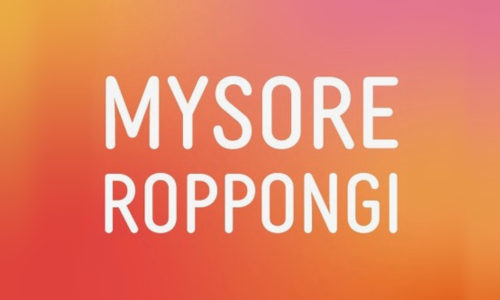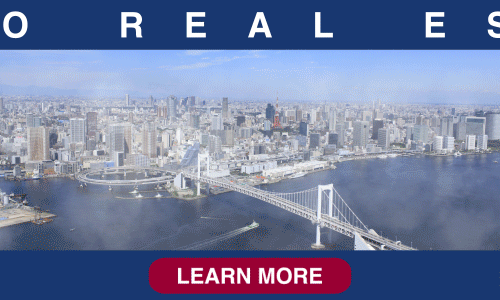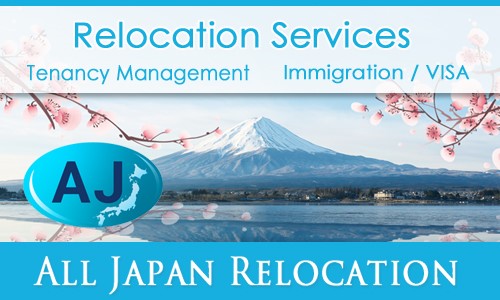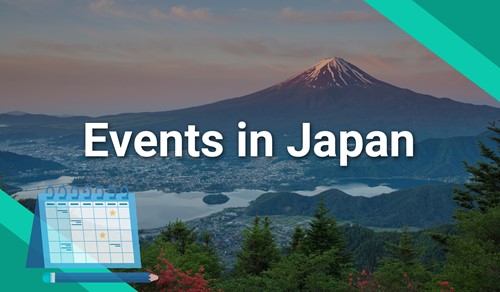Health Care in Japan
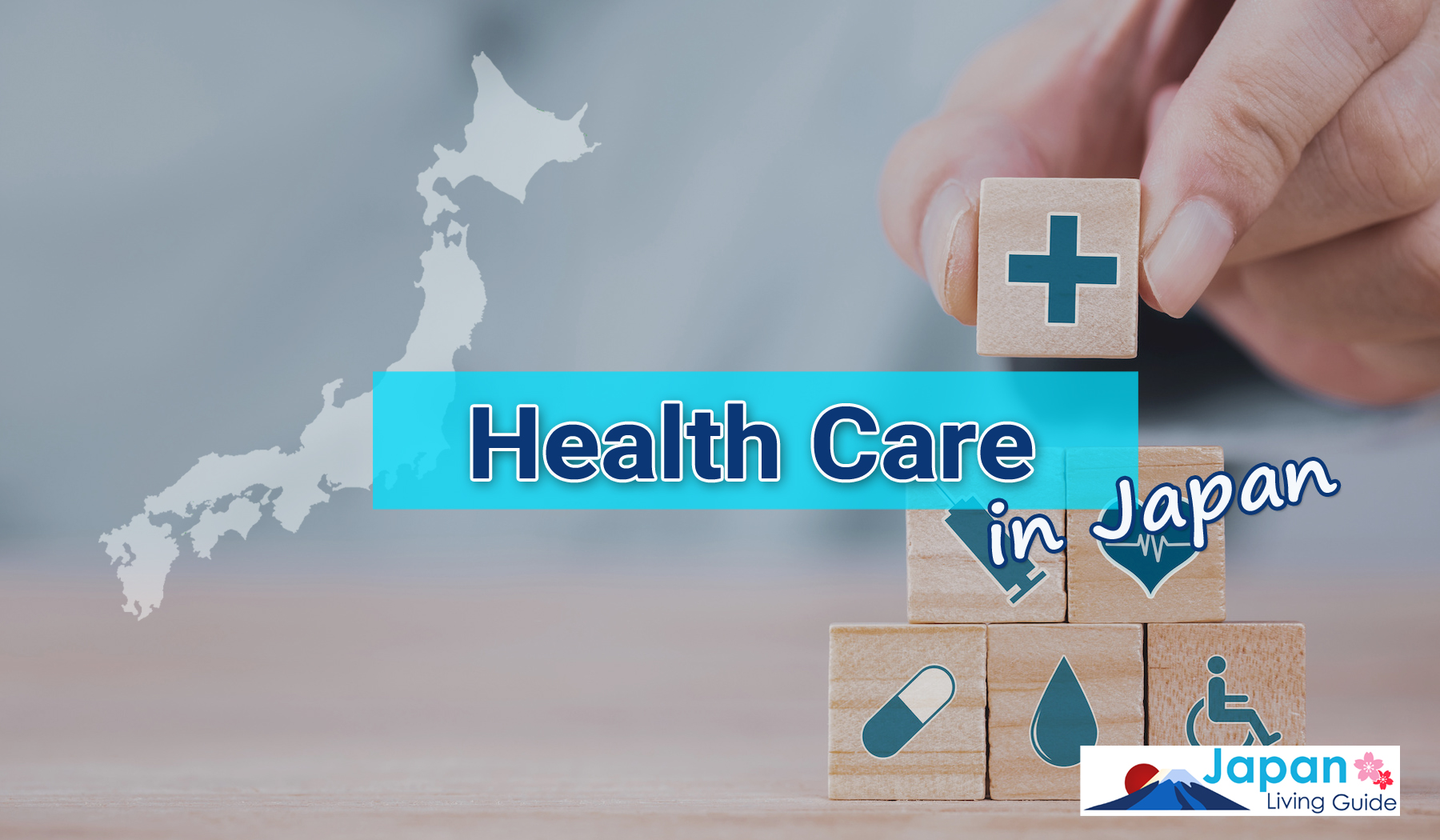
Medical care in Japan is comparable to what can be found in many Western countries. Japan has a broad range of clinics and hospitals that offer all types of medical care, from checkups and routine vaccinations to complex surgeries and emergency care.
That being said, the health system in Japan does differ quite a bit from that of many other countries. For one thing, it is very difficult to find a general practitioner here. You will more often than not have to go to different specialists depending on your situation.
As everyone needs healthcare, everyone should know what’s involved in getting it when moving to a new country. To help you better navigate the process, as well as find some English resources for your medical needs, here are the basics of healthcare in Japan.
Overview of Healthcare in Japan
Everyone living in Japan is required to enroll in the national health insurance system. No matter what type of visa you have (other than a tourist visa, some exceptions do apply), you are required to enroll in it. The payment system also differs based on the time and length of the insurance plan that you have. However, for those who are employed, their company almost always handles everything for you regarding enrollment and monthly payments. It is also important to know that while there are various types of insurance available, enrollment in the National Health Insurance system is mandatory.
Most medical institutions operate on a non-profit basis, and when you are enrolled in the National Health Insurance, you almost always pay just 30% of your total bill. Depending on your age and annual income, the payment may be lower. In Japan, anything that is considered medical treatment can fall under insurance. However, special treatments like plastic surgery will not fall under the coverage of the national health insurance plan.
Another thing to note about healthcare in Japan is its focus on preventive treatment (basically, attempting to prevent health problems before they happen) in contrast to reactive treatment (treating symptoms and diseases as they come). The preventive focus can be seen in the emphasis on routine medical care over an individual’s lifetime. Everyone over the age of 40 is encouraged to receive a free medical checkup within a certain time frame (after which they are eligible again the following year), and an annual company “kenkô shindan” (health check) are just two examples of this mindset.
No GPs in Japan
People especially from the US, Britain, or Europe may be surprised at the difficulty of finding a general practitioner in Japan. In fact, in Japan’s healthcare system, doctors are rarely divided into GPs and specialists. The section below will provide further information on hospitals and clinics as well as where to get specialized or general treatment within this type of system.
Clinics vs. Hospitals in Japan
Clinics and hospitals in Japan are quite different from their Western counterparts. One difference is size, which will be explained below. Another difference is that the specialization for hospitals is quite broad, while clinics offer a single specialization. But whether you choose to go to a hospital or clinic, always bring your medical insurance card, as well as your residence card if you have one.
Clinics
In nearly every Japanese neighborhood, you will mostly encounter these five types of clinics: Internal Medicine practitioners (Naika 内科), Ophthalmologists (Ganka 眼科), Dermatologists (Hifuka 皮膚科), and lastly - and perhaps the most common - Dentists (Shika 歯科). Clinics that are open every day or until late in the evening are quite difficult to find. As most are closed on a certain weekday (dentists are usually closed on Thursdays, for example), it would be wise to call them up to ask if you can make an appointment before going. You might also want to confirm if the doctor you are seeing can actually speak English.
Hospitals
Hospitals are larger than clinics, usually offering more general care across a wide range of common illnesses. People usually go to an Internal Medicine Clinic first before they are referred to a bigger hospital by their doctor if needed. Most hospitals are closed for non-emergency patients on Saturdays, Sundays, and national holidays.
For both clinics and hospitals in Japan, it is best to prepare cash before going as credit cards are not always accepted.
Pharmacies and Drugstores
In Japan, pharmacies (not to be confused with the general drugstore) are almost always located beside clinics or inside hospitals. Medical dosages are quite different in Japan when compared to other countries. Over-the-counter medicine in Japan is generally very weak, while prescription drugs can vary in strength. Just as in the case of visiting a hospital or clinic, you should bring your residence card when going to a pharmacy.
When you visit a pharmacy for the first time, you will sometimes be asked for your Medicine Booklet (o-kusuri techou), a record of your prescriptions; you have the option to make one if you don’t have it on hand. You can also bring this with you to the clinic or hospital to help keep your doctors informed about your medical history.
It may also be a good idea to ask about generic medicine, as the price difference for the generic brand and other commercial ones can be quite different. Almost always, the pharmacists will say that it is the same thing.
A final note on Japanese pharmacies: In the event that you run out of a given prescription, you cannot simply go back to the pharmacy to ask for more of it. Obtaining more medicine requires going back to the doctor, getting another prescription, and bringing that to the pharmacy to be filled once again.
>> Where to find OTC medicines in Japan
>> Bringing Medication to Japan: What to Know Before You Travel
Finding an English-Speaking Medical Practitioner
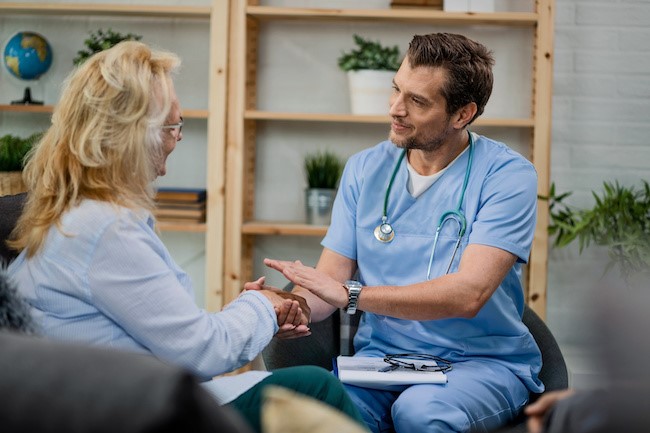
Finding Doctors and Hospitals in Japan
If you need to locate English-speaking practitioners for your medical needs in Japan, start by looking at the list of English-speaking medical facilities.
>> English Speaking Doctors & Hospitals in Japan
Additional English Help
JNTO
Japan National Tourism Organization (JNTO) operates a hotline 24/7. You can call them for tourist information or assistance in case of accidents and emergencies.
TEL: 050-3816-2787
https://www.japan.travel/en/plan/hotline/
Tokyo English Life Line (TELL)
The Tokyo English Life Line provides free, anonymous support and counseling if you need any sort of assistance. Call 03-5774-0992 between 9 am - 11 pm daily.
International Mental Health Professionals Japan
International Mental Health Professionals Japan (IMHPJ) is an association that provides assistance to the international community in Japan. They can help you get access to a wide range of mental health services.
English-Friendly Hospital Support Services in Japan also provides useful medical information services for foreigners living in Japan and if you would like to learn Japanese words related to medical conditions, read this article.
Emergency Information
While most clinics and hospitals in Japan are closed during national holidays, the emergency rooms of most larger hospitals are open all-day, every day year-round. In the event of an emergency, dial 119. You can get an ambulance to pick you up for free, keeping in mind that care administered afterward is not. English-speaking operators are on duty 24 hours a day.
Just in case, make sure you are able to say your address and your phone number in Japanese. Since finding an address in Tokyo can be tricky even for locals. It would also be helpful to be able to describe nearby landmarks in case the ambulance driver needs guidance to your location.
If an emergency happens and you find yourself in need of translation, call the Emergency Translation Service at Tel: 03-5285-8185 (5pm - 8pm weekdays, 9am - 8pm weekends and holidays). They provide translation over the phone in English, Chinese, Korean, Thai, and Spanish for foreign patients who need assistance.
Please also read Medical Emergencies.
Now you know the Basics of Healthcare in Japan
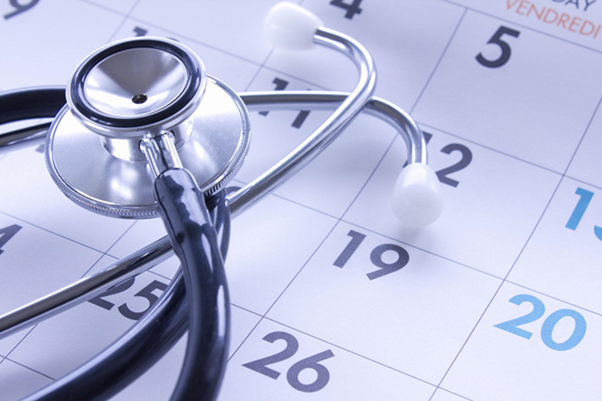
This guide should have given you a general idea about medical care in Japan in comparison to other countries, including some insights into Japanese healthcare culture, how clinics and hospitals in Japan are different, and where you can get some English-speaking assistance for your medical needs.





